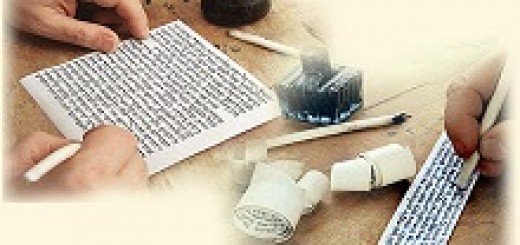By Rabbi Chaim Hillel Raskin
The Torah says, “A man should not wrong his fellow.”1 Chazal explain that one must be sincere in social interactions just as in business, and one may not harass another person verbally or cause him any discomfort (ono’as devarim).2
- Here are some examples of this prohibition brought in halacha:
- One may not call a person by a derogatory nickname. Even if the nickname is generally used in a friendly manner (e.g. height, hair color), one may not use it if his intention is to make him uncomfortable.3
- One may not mention to a person a previous lifestyle that will make him uncomfortable (e.g. before he was Torah observant).
- One may not ask someone a question for which he won’t know the answer and will be ashamed.4 Thus, one may not ask a guest to recite a dvar Torah if they don’t have what to say.5Likewise, it is forbidden to test a child on material or in a manner which he won’t be able to answer, and he will become embarrassed (unless this is necessary to motivate him).6
- One may not knowingly send a person to a supplier that doen’t carry the sought after product, thereby causing agony to the buyer or the seller.7
- One may not tell someone who is going through a hard time that they are at fault, because they didn’t do what they were supposed to.8 One may only suggest that they reexamine their actions in a gentle way that won’t hurt their feelings.9
- Chazal say that verbal harassment is even more severe than causing financial damage since he hurts the person himself (not his property) and the misdeed cannot be undone (unlike a financial loss which can be repaid). If the one who was harassed cries out to Hashem he is immediately answered.10
- Beis Din has the authority to punish a verbal harasser. Some say that he should be placed in nidui (a form of cherem) until he will monetarily appeases the offender, while others hold that he deserves makas mardus (lashes).11
Reprinted with permission from Lmaan Yishmeu – a project of Merkaz Anash. To see more articles visit Mercazanash.com
1. ויקרא כה, יז.
2. ב”מ נח ע”ב.
3. שו”ע חו”מ סי’ רכח ס”ה.
4 . שו”ע שם ס”ד.
5. ספר חסידים סי’ שיב.
6. ראה פתחי חושן הלכות אונאה פט”ו הע’ יב.
7. ראה שוע”ר הל’ אונאה סכ”ח.
8. ראה שוע”ר שם, ומפרשי הגמ’ בב”מ שם.
9. ראה ברכות דף ה’ ובמפרשים שם, שהרי אמרו חז”ל שכשיסורים באים לאדם יפשפש במעשיו.
10. שוע”ר שם סכ”ז.
11. ראה פת”ח שם ס”ב ובהערות.





















